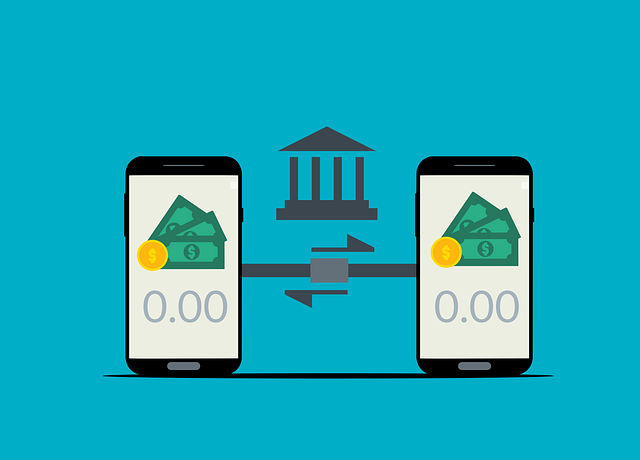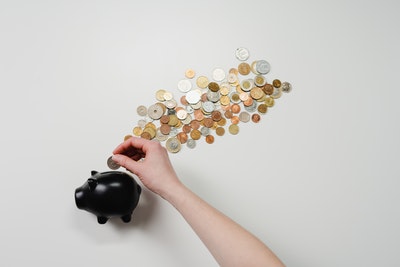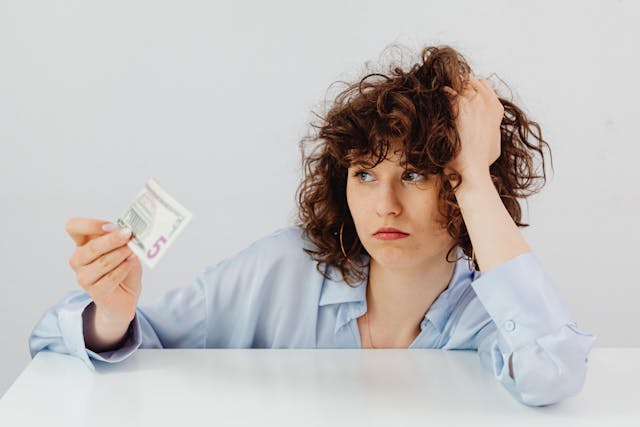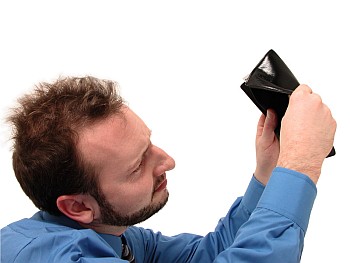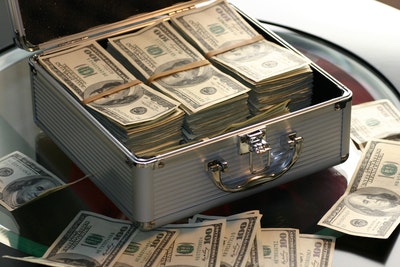Are Your Money Habits Actually Working For You?
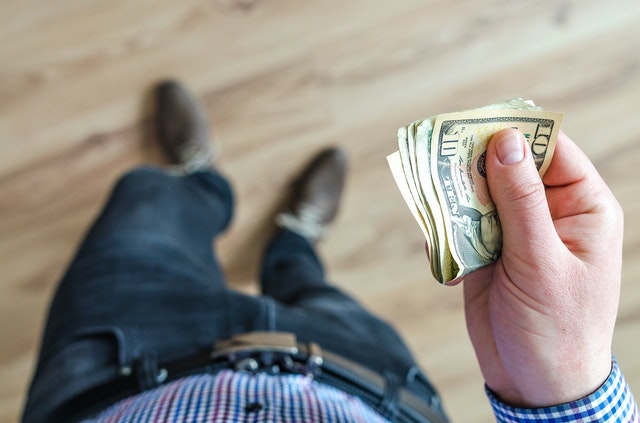
It’s easy to fall into a habit when it comes to your finances. We all approach money in a slightly different way, and we can get comfortable with what we believe works for us.
For example, some people only like using savings accounts, and never tapping into the investment world. Similarly, some people may like being generous with their wealth, while others hate the idea of loaning cash to a loved one.
All in all, money can be a varied and complicated subject, and it’s also one we can struggle to talk about. However, it’s important to regularly think about your money habits.
Is the way you handle your cash really working out for you? Because without talking about it every now and then, this becomes a very hard question to answer!
So let’s delve into it below in more detail with some common money habits, both good and bad.
You Should Never Let a Budget Sit Unreviewed
Running a budget in your household is a good habit to have, so you get a tick there! However, if you’re never checking in with that budget to see if it still reflects your finances, you’re letting yourself down.
Budgets aren’t set in stone – they can be changed from time to time to be more useful to you, especially if you have a specific financial goal in mind.
So get your spreadsheet out right now and double-check the details. Do you still make the same income every month? Do you still need to spend the same way?
For example, your family could have expanded since you last made a budget. Or maybe things have gotten a little easier for you recently, and you have the opportunity to increase the shopping or clothing budget you’ve assigned? Even financial benefits can change the way you spend each month!
Take your time combing through the sheet and simply make sure the numbers match up to what’s really going on in your bank account. It’s also a good idea to approach the budget from an annual viewpoint; it’s easier to cast a bird’s eye view when you know what’s going to happen next month and the one after that.
It’s Important to Regularly Check Your Statements
Are you someone who simply throws a bank statement in the trash when it comes through the door? Maybe you open it up, glance over it, but then pop it straight into a file?
Or maybe you don’t get paper statements, and everything you need to know is in an email you regularly ignore? Well, it’s time to change that habit, above all else!
It’s simple: you need to know what’s going on in your bank account, as statements let you know if something is amiss in just the nick of time. Get into the habit as soon as possible; in doing so, you can also make sure your statements align with what’s going on in your account.
The easiest way to stay up to date is to get online. If you don’t currently use internet banking services, it’s worth it to sign up.
Banks such as Provident State Bank make it so easy to stay in touch with how your money works, and all you need to do is log in to see what’s going on.
And if you’re someone who just tends to forget, it’ll be worth it to set up reminders, which is something you can also do in-app.
Impulse Purchases are Common in Your Household
We all do it. We all pick things up on the fly because we like the look of them, or we feel like we need a little retail therapy. And it’s totally normal to spend in this impulsive manner from time to time. However, if you’re doing this every weekend or more than twice a month, it could be a sign your money habits are becoming a problem.
Think about it – how often have you bought something you didn’t plan to in the past 30 days? And how has that impacted your bank account, and what you have been able to afford otherwise?
If there’s no impact, fine! But if you’ve been a little strapped for cash when the bills went out this month, you may want to give the impulse spending a rest for a little while.
And if you find it hard to not spend in this manner at all, why not make better use of this money and funnel it away in savings every time you want to buy something? At the end of the year, you might be sitting on a pile of cash you didn’t expect!
You Find Credit Cards a Little Complicated
Don’t worry, you’re not alone! But this can have both benefits and drawbacks for you. On the one hand, not spending with a credit card means you’re not piling up any debt to pay off. However, you may also be harming your chances of improving both your credit limit and your credit score.
It’s hard for either of these to boost when you’re not paying back any kind of debt – it’s why some debt is ‘good’. So if you don’t have a credit card because you’re not sure how to really use one, take one out and load a small, usual purchase onto it from time to time – at least $20 but no more than $100.
Paying this back in a timely manner won’t be hard due to the low amount, and your credit reputation will start moving towards the green as a result.
We all have our own money habits, but it’s key to check on them from time to time. Catch yourself before you spend unnecessarily, or before you opt for a riskier investment than you should – it’s much safer for your finances in the long run!
Once you know about a habit you can work to turn it into something healthier and be sure that it truly does work for you in the long run.

